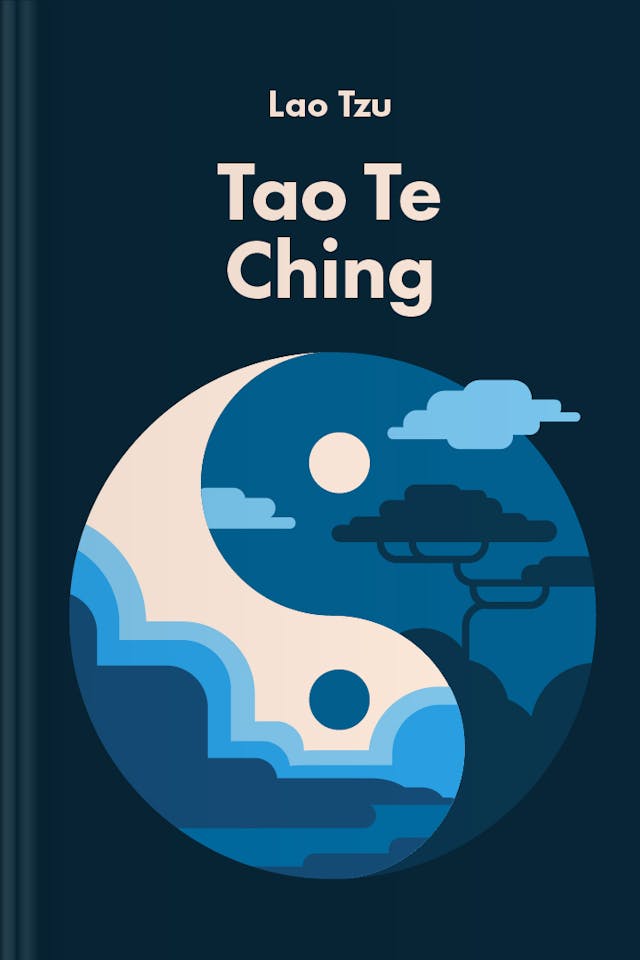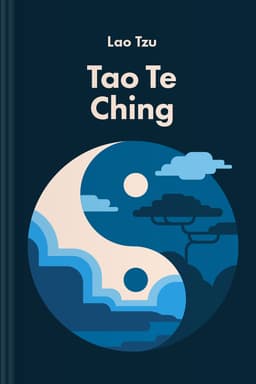You’ll learn
- Why "Tao" remains a cosmic enigma
- How Taoist secrets influenced the Beatles
- How nature can teach patience and power
- The key to mastering release and renewal
Protect the world’s peace. Donate to support Ukraine

first KEY POINT
Taoism is an ancient Chinese philosophy, comparable in its longevity and endurance only, perhaps, to Confucianism. Tao Te Ching, meaning The Tao and the Power, is its founding text, a collection of the core ideas and beliefs of true Taoists. This little book that consists of only about 5000 words has been translated, rewritten, analyzed, and repeatedly criticized, never ceasing to influence and transform the mindsets of its readers.While Confucianism emphasizes the importance of order, traditions, duty, and definite hierarchy, Taoism, on the other hand, focuses on complete opposites. It highlights the value of inner freedom, constant cultivation of the self, meditation, and staying in touch with the harmonies of the cosmos. Confucianism is harsh and rigid, but Taoism is soft and gentle.What is Tao? What is Taoism? These seemingly easy questions have no simple answers. The concept of Tao is indescribable, impossible to put into words. One of the literal meanings of the word Tao is “way” or “road,” but it has surpassed these simple definitions. Tao can be understood as the fundamental art, the order of nature, the essence of every living thing in the universe, the soul of the cosmos. It is everywhere and nowhere at the same time.
Though it may seem confusing, it is quite easy to comprehend what Tao means when you get to know the teachings of Lao-Tzu. The leading idea of Taoism is the belief that there is a simple way of attaining a healthier and better life, one that is gentle, kind, and harmonious.
In the following chapters, you will learn about the ideas of Taoism that have been inspiring people for two and a half millennia — since the dawn of the human race.Did you know? The Inner Light and All Things Must Pass, songs written by the Beatles, are variations on different chapters of Tao Te Ching and were inspired by the Taoist ideas.
second KEY POINT
The True Tao of Nature cannot be told in words, and it can’t be named. It is transcendental and ineffable, unlike the worldly things that can be named — wealth, glory, power. Yet, despite its wordless nature, we return again and again to the limits of language to explain the unexplainable. Origin, Mother, Source — these are the words we use to express the nature of Tao.Taoism denounces False Knowledge that weighs us down — excessive boundaries, superstitions, prejudices. Those who leave these falsities behind become free from the limitations of beauty and ugliness, poverty, and wealth. The wordless teaching of Tao encourages us to live in simplicity and follow the rules of nature, not men.Think about the attributes that we give to different things. According to Taoism’s central principle, all of them are relative. We call something short simply because it is shorter than something we consider a standard and calling something short or long means simply considering it different from what we are used to seeing. Therefore, there are no universal measurements for attributes like these — all are based on the diverse experiences of people everywhere. The same is true for other opposites — love and hate, even death and life. Taoism encourages us to leave behind all such distinctions because they are False Knowledge that belittles our spirit and confuses our emotions.

Continue reading with Headway app
Continue readingfirst KEY POINT
second KEY POINT
third KEY POINT
fourth KEY POINT
fifth KEY POINT